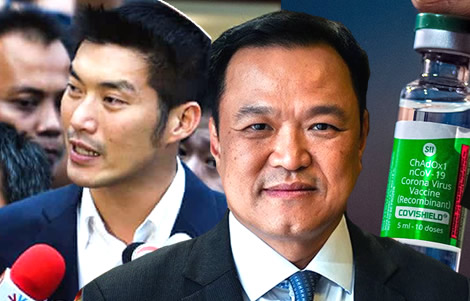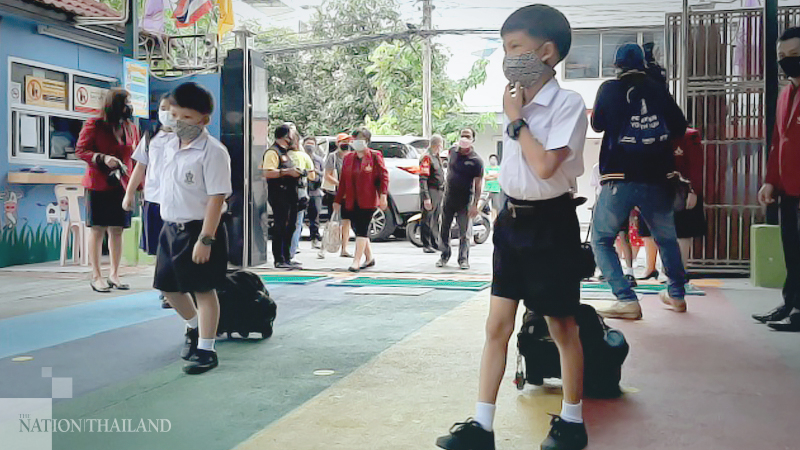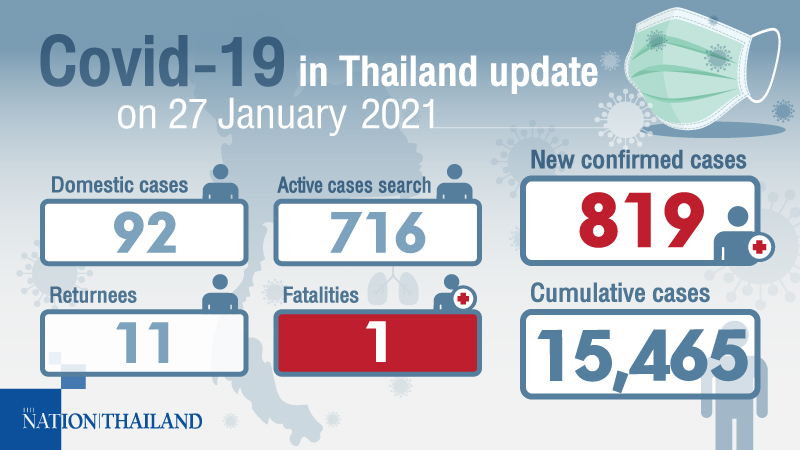While trust is a very important element in a doctor-patient relationship, doctors are only humans after all, and humans are prone to make errors in judgment. Have you ever been diagnosed with something major after only reporting mild symptoms? Or been doubtful whether the prescribed treatment is indeed the best course of action? In these situations, a second medical opinion is a good bet.
Essentially, a second medical opinion is when you consult two medical professionals over a particular illness or group of symptoms to cross-reference. So, when is getting a second medical opinion the sensible thing to do? And how do you ensure that you don't go overboard? Our friends from Pacific Prime Thailand give us 6 situations where it pays to get a second medical opinion.
1. When you don't feel comfortable with your doctor
Your doctor may be experienced and knowledgeable, but it's also equally necessary for them to make you feel at ease. If you've got a doctor who doesn't take out the time to properly explain your condition to you or seems to contradict any previous medical advice you've received, then it's a sign you should go elsewhere to get the confidence you need.
Pro Tip: Being able to communicate with your doctor goes a long way in helping you feel at ease. Unfortunately, you're likely to face a language barrier if you don't speak Thai and head to a public hospital. Given this, opt for private hospitals that cater to medical tourists as medical staff there can speak English, and they may also provide interpreters for many other languages.
2. When you've done tests after tests and the diagnosis seems vague
We all know that time is of the essence when it comes to health, so a quick and accurate diagnosis is what you're after. It's a red flag if you've done multiple tests already and your doctor is still unable to say conclusively what's the matter with you. In this situation, consulting another doctor (or indeed going to a better hospital with modern equipment) can give you fresh insights and more clarity.
3. When you're experiencing major symptoms and/or you've received a serious diagnosis
Going to the hospital with a sprained ankle? You probably don't have to be concerned with a second medical opinion. But if you've been diagnosed with (or have symptoms associated with) cancer, multiple sclerosis, celiac diseases, or any other serious diseases, then there's more at stake, so you should go to the best hospitals and doctors in Thailand, and not compromise on your health.
4. When you're recommended a controversial or invasive treatment
In addition to the right diagnosis, the right treatment is critically important to patient care. Yet doctors may differ on how they approach treating a given condition. If your doctor jumps straight to a controversial or invasive treatment, or if you're concerned about the associated risks, then it's worth checking with another doctor if there's an alternative route that better addresses your needs.
Pro-tip: While Thailand is renowned the world over as a popular destination for medical tourists, and has a robust healthcare system, there may be certain medications or treatments that aren't yet available in the country. If you've got a particularly complicated case, do your own research and consider if consulting a doctor abroad might be a better idea.
5. When you don't feel better after a course of treatment, and have a hunch that the treatment may be ineffective
Suffer from chronic back pain? Followed the advice of your doctor for a period of time? If you don't see any improvement after the recommended course of treatment, then it's a no-brainer: perhaps your doctor isn't the best, and you're better off consulting with a more experienced doctor. They'll be able to confirm whether your current treatment is ineffective or if you've just got a difficult case.
6. When you've got a health insurance plan that encourages you to do so
Second medical opinions mean double the consultation fee. You can expect to pay a lot if you're heading to one of the top-end private hospitals in Thailand, and especially if you're considering going abroad. If you've got a health insurance plan, then you won't have to pay out of pocket. Most insurers are happy for you to get a second medical opinion, as it makes financial sense for them if you can avoid major, invasive, and costly treatments.
Looking for an appropriate health insurance plan? Pacific Prime Thailand offers health insurance plans for expats in the Kingdom, including international health insurance plans that give you the freedom to seek a second medical opinion both in the country or abroad. Whether you're ready to secure or plan or just shopping around for information, you can get in touch with them for expert advice or a plan comparison.




















